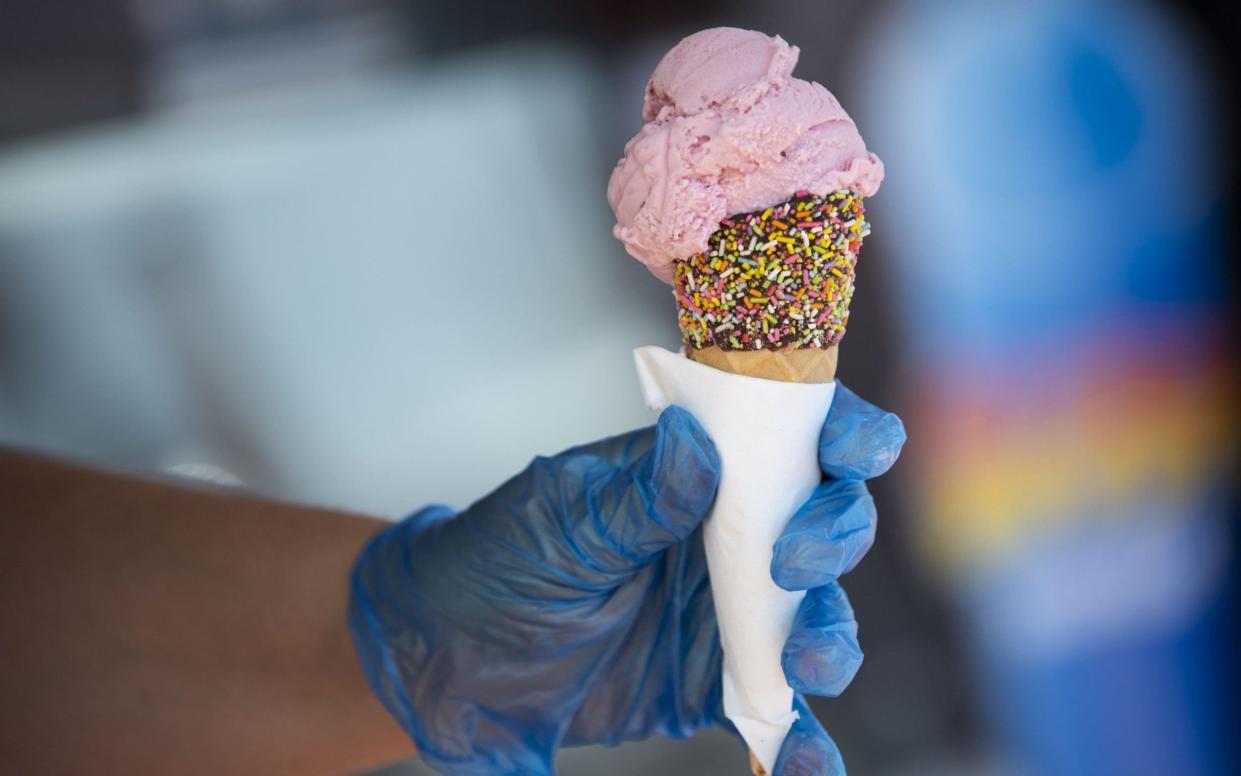Inflation rises to 1pc as pent-up demand pushes up prices

The end of lockdown combined with the heatwave sent the cost of haircuts, camping kit and ice creams soaring in July, even as hotels, flights and cinema tickets were on offer at discount prices.
Petrol prices crept back up to 111p a litre, the Office for National Statistics said – the highest level since lockdown struck and oil prices collapsed.
The hot spell also pushed up the price of garden furniture by 7.5pc compared with the same month last year, with the cost of other home improvements also on the up as customers who had spent months largely stuck indoors set about smartening up their properties.
Even home appliances, which have been getting cheaper almost constantly since the start of 2019, registered a rise in prices.
At the same time the usual summer sales were smaller than last year, so the cost of clothes for women and children edged up, while accessories are more than 15pc more expensive than they were a year ago.
As a result inflation rose unexpectedly last month. Overall consumer prices rose by 1pc compared with July 2019, firmly below the Bank of England’s 2pc target, but higher than anticipated and the steepest increase since March.
It could raise difficult questions for the Bank as officials work out how best to support the economic recovery.
If the rise in prices indicates that the nation’s productive capacity has been damaged by the pandemic, then inflation risks taking off and it may need to hit the brakes with a rise in interest rates.
However if this is only a temporary phenomenon unleashed by pent-up demand from the end of lockdown, then it may have little to fear and can keep rates at rock-bottom levels.
“Granted, the Covid-19 effects are injecting a lot of volatility into the numbers, and it's possible that some of the discounting in clothing and furniture has simply been delayed rather than called off,” said Chris Hare, economist at HSBC.
“But if underlying demand is propping up prices by more than we had anticipated, and if that support persists, then the underlying inflation outlook might prove less muted than we had previously thought.”
That could mean the Bank of England putting policy on hold instead of cutting interest rates further or ramping up quantitative easing, he said.
In the short-term, analysts expect inflation to slump again because of government policies.
“The effects of the cut in the VAT rate for hospitality/tourism on July 15 and August’s ‘Eat Out to Help Out’ restaurant discount scheme will kick in,” said Ruth Gregory at Capital Economics.
Depending on how many restaurants participate and how much of the VAT cut is passed on to consumers, she estimates that CPI will fall either close to 0pc, or even below zero for August.

 Yahoo News
Yahoo News 
